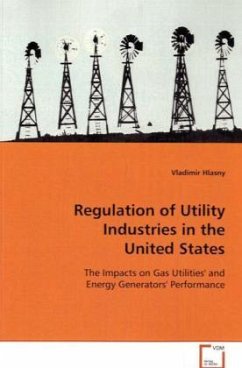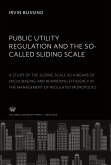This book consists of three studies. The firstevaluates the impact of regulation on natural gasprices. Consumer choice plans are estimated tolower prices greatly, by bringing competition tomarkets with smaller consumers. Prices fall evenbefore deregulation as utilities build consumerloyalty and fight competition. Sliding scale planslower small-consumer prices while raising industrialprices. Price caps lead to overall higher prices,with unclear ranking across consumer classes. Thesecond study assesses damages caused by SO2concentrations under three policies leading to sameaggregate emissions: caps, tax & tradable permits.Regional concentrations are found to vary acrosspolicies. This variation translates into differentlosses for each state and, nationwide, todifferences of hundreds of millions of dollars. Capsyield the lowest total damages, outperforming taxes& permits by $452m. Caps favor southern states,where they deliver $840m lower damages than theother policies, while they deliver $390m higherdamages in the north. The third study verifies theseresults under alternative assumptions on the impactof SO2 on health.








